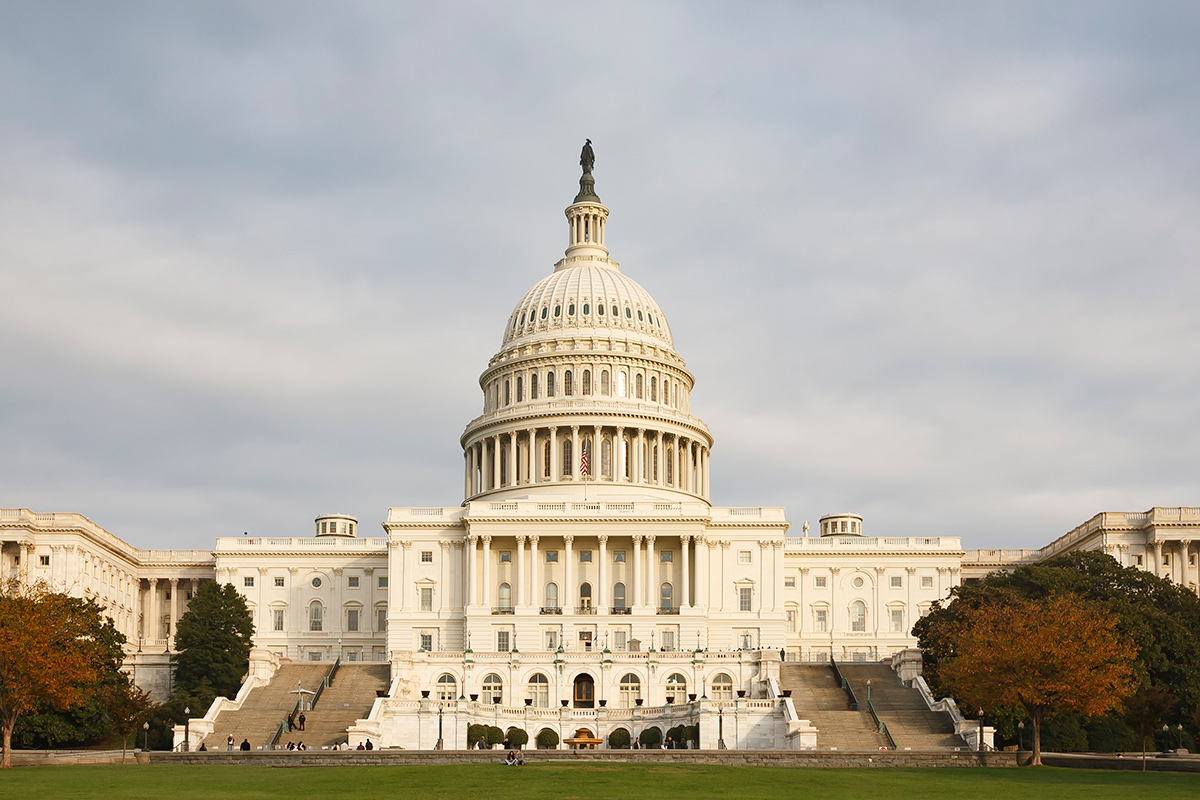
Key Takeaways:
You and your family have worked hard to build wealth over time, so we understand the importance of having a plan to protect your wealth. As part of our comprehensive planning reviews, we help to review and implement many pieces of your wealth protection plan. Protection planning often includes ensuring diversification amongst assets, having proper asset titles and ownership, and stress-testing retirement cash flow projections against various what-if scenarios.
Another layer of wealth protection comes from having proper liability insurance in place to provide coverage for certain types of lawsuits that could be brought against you. This is why we typically recommend our clients have an umbrella liability insurance policy and why we would like to pass along some reminders about umbrella liability coverage:
Umbrella Liability Insurance
(The following material has been prepared by Broadridge Investor Communication Solutions, Inc.)*
When your local weather forecaster tells you that it’s going to rain, what do you do? That’s easy—you reach for your umbrella. So why not purchase an umbrella that can protect you in stormy financial weather? Umbrella liability insurance (ULI) can do just that. By providing liability protection above and beyond the basic coverage that homeowners/renters and auto insurance policies offer, ULI can protect you against the catastrophic losses that can occur if you are sued.
Although ULI can be purchased as a separate policy, your insurer will require that you have basic liability coverage (i.e., homeowners/renters insurance, auto insurance, or both) before you can purchase an umbrella liability policy. ULI is often referred to as excess coverage. If you are found to be legally responsible for injuring someone or damaging someone’s property, the umbrella policy will either pay for the part of the claim in excess of the limits of your basic liability policy, or pay for certain losses that are not covered.
Why now? It’s not even raining
These days, it’s not unusual to hear of $2 million, $10 million, and even $20 million court judgments against individuals. If someone is injured in your home, or if you cause a serious auto accident, you could have to pay such a judgment. If you don’t have an umbrella liability policy at the time of the accident, anything above the limits of your homeowners/renters or auto insurance policy will have to come out of your pocket.
Here’s an example of how ULI works to protect you. Say you have an auto insurance policy with a liability limit of $100,000 per accident. You also have a $1 million umbrella liability policy. You’re later found responsible for a serious automobile accident, and the court finds you liable for $700,000 in damages. In this case, your auto insurance would pay the first $100,000 of the judgment, which would satisfy the deductible under your umbrella policy. Your umbrella policy would then cover the portion of the judgment not covered by your auto insurance ($600,000).
You should also be aware that certain types of liability claims (e.g., libel and slander) are not covered under basic homeowners, auto, or other types of insurance policies. An endorsement can be added to these policies to provide some protection against these types of personal injury claims. Or, you can purchase ULI, which does cover these claims.
What’s covered?
A typical umbrella liability policy provides the following protection, up to the coverage limits specified in the policy:
What’s not covered?
Umbrella liability insurance typically provides extremely broad coverage. Furthermore, if something is not expressly excluded from coverage, it is covered. Exclusions vary from one insurer to another and from one policy to another, but the following are some items typically excluded from coverage:
How big of an umbrella are we talking about?
Determining how much liability coverage you need is not an exact science. You might think that you need only enough liability insurance to protect your assets, but a large judgment against you could easily wipe out your assets and put your future earnings in jeopardy. That’s why you should also consider factors such as how often you have guests in your home, whether you operate a home-based business, how much you drive, whether you have teenage drivers in your home, and whether your lifestyle gives the impression that you have “deep pockets.”
Coverage limits vary, but a typical policy will provide liability coverage worth $1 million to $10 million. Of course, as your coverage limit increases, the premium will also increase. You need to decide both how much insurance you need and how much insurance you can afford. You’ll want to have enough protection, but not too much. Look at it this way: Have you ever seen a five-year-old child walking under a big golf umbrella or a 300 lb. football player using a pocket-sized umbrella? One has too much protection and the other not enough. Your insurance agent can help you determine how much coverage you need.
Where can I buy an umbrella liability policy?
Almost any insurer who writes auto and home insurance policies will also sell umbrella liability policies. In fact, you may be eligible for a multipolicy discount if you purchase an umbrella policy from your current insurer. Of course, it’s important to shop around and make sure that you’re getting the right coverage for your needs and the most coverage for your money.
We can help coordinate with your broader wealth protection plan
Saling Wealth Advisors is here to help you grow, protect, and enjoy your wealth. And as part of a proper wealth protection plan, we want you to be aware of the additional layer of protection that an umbrella liability insurance policy can provide. If you are unsure about your current liability coverages, we encourage you to consult with your home and auto insurance professional who should be able to help determine your existing level of coverage and help you shop for and secure additional liability insurance coverage if needed. As you review your current insurance coverages, if you have questions about how an umbrella liability policy fits in with your broader wealth protection plan, please reach out to us.
*Content prepared by Broadridge Investor Communication Solutions, Inc. Copyright 2017.
As always, you should consult with your tax advisor for any tax issue affecting your specific situation. Saling Wealth Advisors cannot provide tax or legal advice.
This material is not financial advice or an offer to sell any product and is not a recommendation to buy or sell any particular security. The opinions expressed are those of the Saling Wealth Advisors’ Management Investment Team and are subject to change without notice.
Saling Wealth Advisors (“SWA”) is an independent SEC registered investment advisor. Registration does not imply a certain level of skill or training. This material is provided for informational and educational purposes only. More information about SWA including our advisory services, fees, and objectives can be found in our Form ADV Part 2A, which is available upon request.




